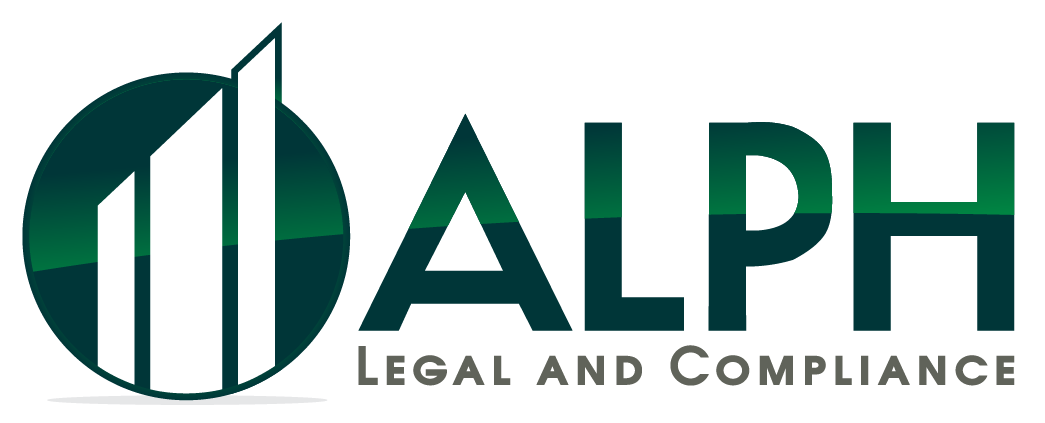Key Compliance Considerations for Consumer Credit Firms
The rapid rise of digital lending has transformed the consumer credit and secured lending markets. From Buy-Now-Pay-Later (BNPL) offerings to AI-driven credit scoring and peer-to-peer lending platforms, technology is enabling faster, more flexible lending. While these innovations present significant business opportunities, they also bring heightened regulatory scrutiny from the Financial Conduct Authority (FCA).
Firms must navigate the balance between innovation and compliance, ensuring that digital lending solutions not only meet market demand but also adhere to regulatory obligations, protect consumers, and mitigate operational and reputational risks.
The FCA’s Focus on Digital Lending
The FCA recognises that digital lending can drive financial inclusion and convenience. However, it also flags several potential areas of concern, including:
- Affordability and Creditworthiness Assessments
Automated underwriting models must reliably assess a borrower’s ability to repay. Inadequate checks, particularly for high-cost or subprime lending, remain a common trigger for FCA intervention.
- Consumer Duty Compliance
Under the Consumer Duty framework, firms must demonstrate that digital lending products deliver fair value and positive outcomes for consumers, including vulnerable customers.
- Financial Promotions
Online advertisements, app notifications, and influencer-led campaigns must present clear, accurate, and balanced information. Misleading claims or incomplete disclosures can attract regulatory action.
- Data Handling and Privacy
Digital lenders must comply with GDPR and ICO guidance when using AI or automated decision-making, ensuring transparent data collection, storage, and processing.
- Operational Resilience
Firms must maintain robust cybersecurity, fraud prevention, and business continuity measures, particularly where lending platforms are cloud-based or rely on third-party technology providers.
Key Compliance Considerations
Consumer credit and secured lending firms adopting digital models should focus on the following:
- Governance and Oversight
Boards and senior management must understand how automated decision-making and digital lending processes operate. Clear accountability structures, including SMF and certification regime responsibilities, are essential.
- Model Validation and Monitoring
AI and algorithmic credit scoring models should undergo independent validation to ensure outputs are fair, accurate, and non-discriminatory. Ongoing monitoring is necessary to detect drift or unintended bias.
- Affordability Checks and Customer Protection
Automated checks should be complemented by robust monitoring to ensure customers are not overcommitted. High-cost and subprime products, in particular, require careful oversight.
- Financial Promotions Compliance
Digital adverts, push notifications, and app-based messages must comply with CONC 3, Consumer Duty, and ASA/CMA standards. Firms should maintain approval frameworks for all marketing content, including third-party affiliates.
- Complaint Handling and MI
Rapid digital processes can amplify errors. Firms must capture and act on complaints efficiently, maintain MI dashboards, and document remediation to evidence fair outcomes.
- Third-Party Oversight
Platforms, data providers, and fintech partners must adhere to FCA standards. Firms remain responsible for ensuring third-party compliance, including outsourced automated processes.
Pros and Cons of Digital Lending from a Regulatory Perspective
Pros:
- Speed and Efficiency: Faster application processing and automated credit decisions.
- Data-Driven Insights: Access to richer customer data to inform lending strategy.
- Scalability: Technology enables rapid growth and product expansion.
- Innovation: Ability to offer tailored, competitive products.
Cons:
- Regulatory Scrutiny: Automated lending models attract FCA attention, particularly in affordability, fairness, and data usage.
- Model Risk: Algorithms may produce unexpected outcomes or embed bias.
- Operational Risk: Cybersecurity threats, platform downtime, or third-party failures.
- Consumer Protection Risks: Vulnerable customers may be disadvantaged if safeguards are insufficient.
Examples and Market Insights
Recent FCA thematic reviews highlight emerging trends:
- BNPL Growth: Increased scrutiny on affordability, marketing, and arrears management.
- AI in Lending: FCA guidance emphasises explainability, fairness, and auditability of automated decisions.
- Consumer Outcomes: Emphasis on continuous monitoring and evidence of fair treatment.
While publicly available success stories in consumer credit are limited, firms that integrate compliance into digital product design report smoother authorisation pathways and reduced supervisory intervention.
How ALPH Legal Can Assist
At ALPH Legal, we help consumer credit and secured lending firms implement robust compliance frameworks for digital lending:
- Regulatory Strategy: Advising on Consumer Duty, CONC, and FCA oversight for digital products.
- Policy and Procedure Development: Drafting guidance on automated credit scoring, affordability, and financial promotions.
- Operational and Risk Reviews: Assessing models, third-party arrangements, and MI to detect potential compliance gaps.
- Training and Implementation Support: Educating teams on FCA expectations for digital lending and fair outcomes.
- Sandbox and Innovation Advice: Guiding eligible firms through FCA sandbox applications for innovative lending solutions.
Final Thoughts
Digital lending offers compelling growth opportunities for consumer credit and secured lending firms. However, the FCA expects innovation to go hand-in-hand with compliance. Firms that embed governance, oversight, and consumer protection into their digital strategies are better positioned to capitalise on technological advantages while minimising regulatory and reputational risk.
For tailored support navigating FCA oversight, regulatory compliance, and operational readiness in digital lending, contact us today.
ALPH Legal & Compliance can assist with all aspects of your business’s compliance needs, whether that be compliance structure and policy, internal/external audit, business and regulatory change support, authorisation, supervision or just some general expert advice and guidance!
Take action now with ALPH Legal & Compliance services!
With all the regulatory shifts on the horizon, now is the time to act. Don’t wait until compliance gaps appear—engage with ALPH Legal & Compliance today to ensure your firm is ahead of the curve. Whether you need tailored guidance, compliance support, or strategic insights to drive new business, ALPH Legal & Compliance is your trusted partner in navigating FCA regulations with confidence.
